If you’ve been following me for any amount of time, you know how passionate I am about philanthropy. And, you undoubtedly know what that means for my precious girls in Kenya, Africa. For years I heard about the atrocities of female genital mutilation (FGM), and I wanted to do my part to put an end to the practice. As today commemorates the International Day of Zero Tolerance for FGM, I am happy to introduce the Mekuno Project, an effort created to further this very important effort.
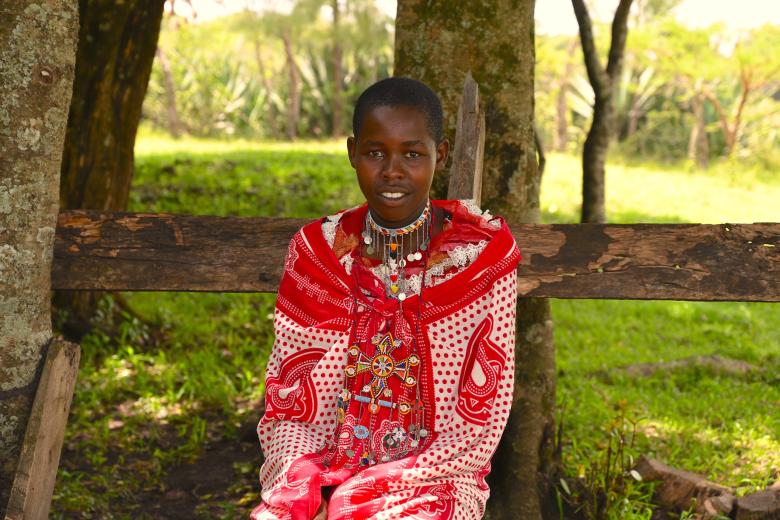
Why the Mekuno Project is Needed
It is important for me to bring awareness to the practice of FGM because, sadly, many people are still unsure of what it really is. According to the World Health Organization (WHO), FGM includes all procedures that involve partial or total removal of the external female genitalia, or other injury to the female genital organs for non-medical reasons. WHO also deems FGM a violation of human rights of girls and women.
You may wonder why this practice even exists. In many cultures, FGM (also known as “cutting”) is a valued practice that symbolically marks the transition from girlhood to womanhood. Specifically in Kenya, Africa, young girls go through FGM just before or after they hit puberty. The practice is a direct precursor to child marriage. In fact, Kenyan girls are not considered eligible for marriage until they have gone through cutting. Marriage in these societies is crucial for economic survival, as families see marriage as the only way for girls to have a financially stable future. Plus, potential husbands pay the parents of the bride-to-be a dowry for the privilege of marrying her. This payment can mean a great deal for an impoverished family. You can see how the ritual can easily become normalized when considering the positive economic impact it can have.
There has to be a better way, and I believe the Mekuno Project paves the way for it.
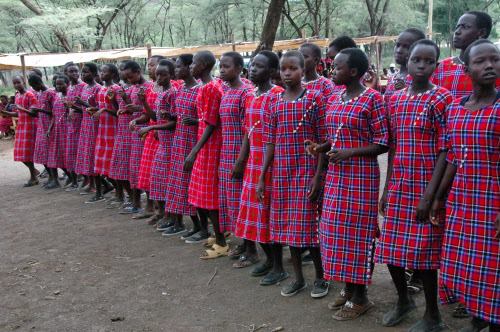
Why FGM Needs to End
More than 200 million girls and women alive today have endured FGM throughout Africa, Asia and the Middle East. Though they are survivors, that survival may not come without its issues. FGM can have devastating physical and psychological effects on girls, some short-term and some lifelong. This makes complete sense when you consider the procedure’s result—the removal of part or the whole of the external female genitalia.
What’s more, the mutilation is typically done in extremely unhygienic places, without proper medical supervision or sanitized tools, and with no anesthesia for the girls. If one of them has an infection or disease, it becomes extremely probable that the illness could be transmitted to others because sterile instruments aren’t often used. Many of the girls can suffer severe risks from the procedure, and some actually die. For those that survive, both FGM and child marriage hold them back from an education—reducing enrollment rates and increasing dropout and illiteracy rates. This can prevent them from realizing their dreams and potential and contributing their gifts to improve their families and communities. As you can see, FGM presents dangerous implications for girls’ marriage, health, education, and future work.
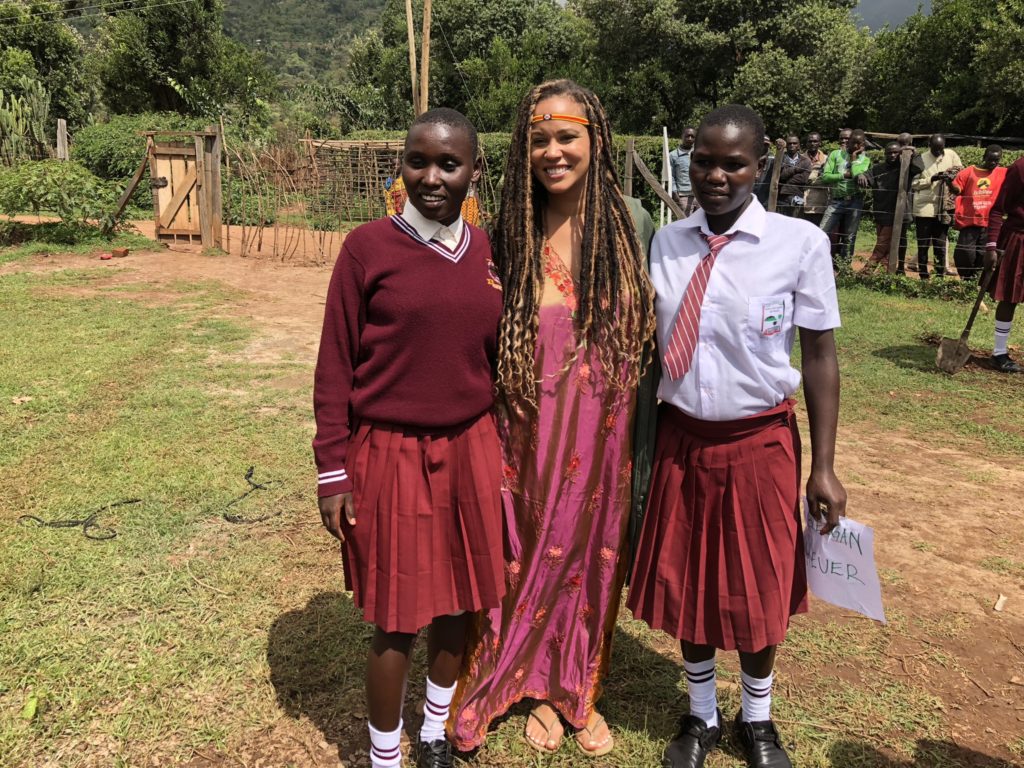
The Mekuno Project Is Making a Difference
No girl or woman should ever have to endure FGM. Ever. The Mekuno Project aims to make that a reality by creating a four-pillar approach to address the root causes of FGM. The approach includes: providing quality education to young girls; addressing gender-based violence and strengthening child protection systems at the community level; expanding the sense of self-worth and capability of men, women, girls and boys, to strengthen self-value and self-worth of all in the community; and providing opportunities for economic empowerment, to ultimately decrease dependence on dowries from child marriages.
What impresses me most about the Mekuno Project is the confidence in its strategy. Organizers know the program will work because it has already been tried, tested and proven successful! In the area of West Pokot, rates of FGM and child marriage have fallen from 95% to less than 10%. In 2021 alone, 368 girls were provided school fees to further their education. Further, 308 children went through the Alternative Rites of Passage, and over 5,000 people were trained in the Empowered Worldview program. The Mekuno Project is well on its way to accomplishing the goal of completely ending FGM by 2030.
But they need your help.
You can help us end FGM and provide hope-filled futures to deserving young women in Kenya who need your support. Your generosity, in any amount, will help spur change and impact lives. Visit the Mekuno Project and join our cause to bring freedom and promise to young African lives.

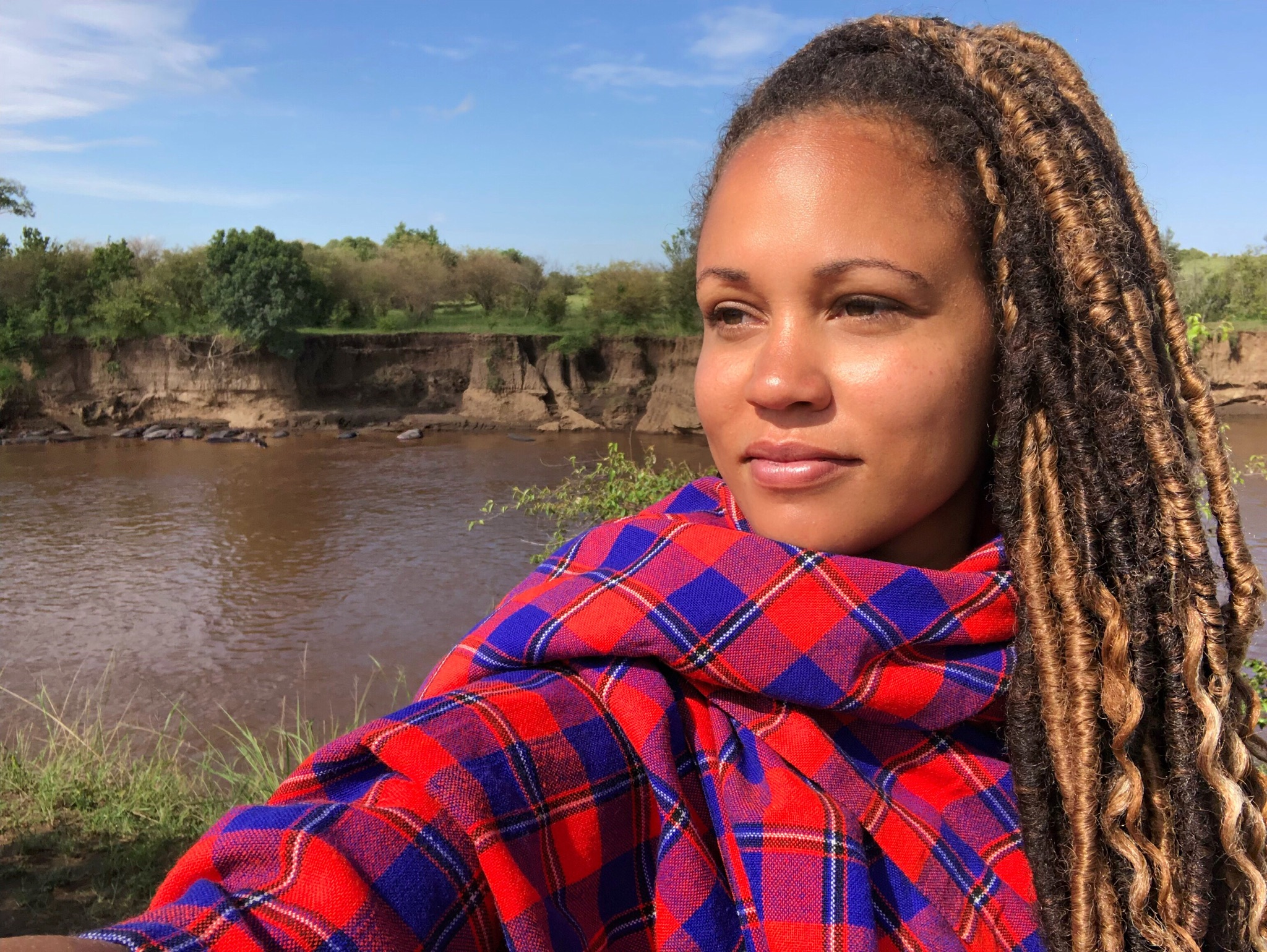


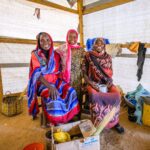
replies (0)